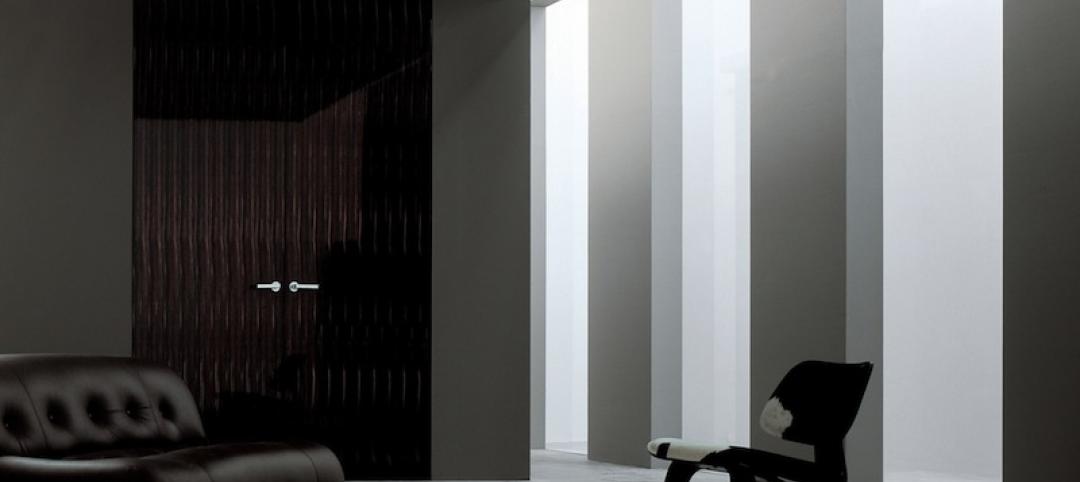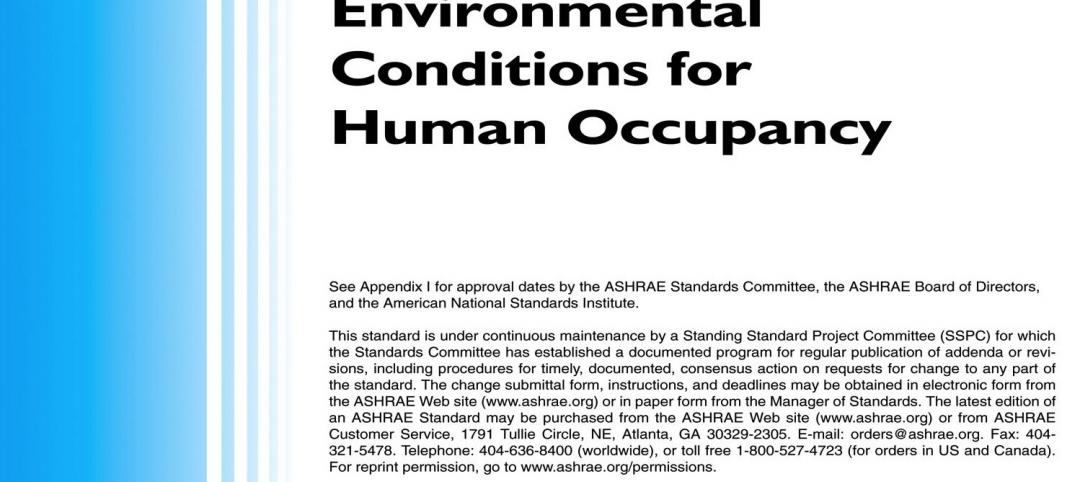The 2015 International Green Construction Code (IgCC) will include the option to use an outcome-based approach when complying with local building energy codes, the first time the IgCC has allowed this method.
Previously, building energy codes relied on two main pathways to demonstrate compliance: performance (modeling energy consumption), and prescriptive measures (following code-defined values for individual building components). Both approaches fail to fully account for how buildings use power once they are completed, occupied, and maintained, according to the Institute for Market Transformation (IMT).
The new provision will help communities to ensure energy-efficient buildings are meeting performance expectations. The outcome-based approach requires the building owner to provide the building’s utility bills for a 12-month period within three years. This will ease pressure on code departments and align with the growing number of energy benchmarking regulations across the country, IMT says.
The decision to include an outcome-based pathway in the 2015 IgCC will directly influence future editions of the IgCC and other codes such as the Energy Conservation Code. This should smooth the process of including ASHRAE Standard 189.1 and the LEED green building program into the development of the IgCC, IMT says.
(http://www.imt.org/news/the-current/outcome-based-pathway-is-voted-into-the-2015-igcc)
Related Stories
| Dec 26, 2013
OSHA may require companywide reporting of injuries and illnesses
The Occupational Safety and Health Administration is considering a change in policy that would require organizations to submit company-wide data on illnesses and injuries.
| Dec 26, 2013
USGBC recognizes Ohio for achieving 100th LEED-certified public school
The U.S. Green Building Council (USGBC) has recognized the state of Ohio and the Ohio School Facilities Commission (OSFC) on the LEED certification of the 100th public school building in the state.
| Dec 26, 2013
WDMA launches project to create ISO-compliant architectural doors
WDMA's National Architectural Door Council has initiated a project to create ISO-compliant Product Category Rules for architectural wood flush and stile and rail doors
| Dec 19, 2013
Defense Department okays Green Globes standard for DoD facilities
The Green Globes certification program from the Green Building Initiative can be used for the renovation and construction of Department of Defense facilities following agency endorsement.
| Dec 19, 2013
New York City proposal may boost standards for crane maintenance
New York City may boost maintenance standards for cranes operating in the city, including the addition of load cycle counters to record data regarding every lift that a crane performs.
| Dec 19, 2013
Lawmakers say EPA’s Energy Star standards lack transparency
A bipartisan group of lawmakers is raising concerns that the Environmental Protection Agency has not been transparent in drafting energy-efficiency standards under the Energy Star program.
| Dec 18, 2013
ASHRAE publishes 2013 thermal comfort standard
Major revisions for design and measurement of comfortable spaces are included in a newly published ASHRAE 2013 thermal comfort standard.
| Dec 11, 2013
Texas to require architects to be fingerprinted to get licensed
Starting January 1, 2014, architects who apply for an occupational license in Texas will have to share their fingerprints with the state.
| Dec 11, 2013
Province of Ontario is reviewing bill to require timely payments to contractors
Legislation is under review in the Province of Ontario that would mandate timely payments to contractors.
| Dec 11, 2013
Federal design-build proposal could make it easier for small businesses to land government contracts
The Design-Build Efficiency and Jobs Act, a bill pending in the U.S. House of Representatives, would streamline the bid and proposal process by requiring government agencies to use a two-step process when seeking design-build contracts for projects worth more than $750,000.














